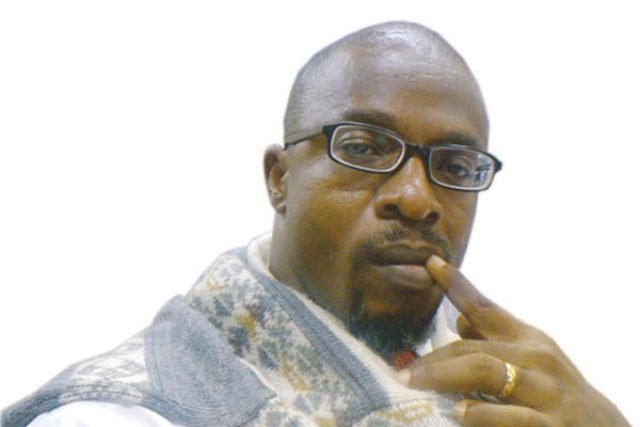
But that was 5 years ago. The controversies that have trailed elections since then, especially at the regional levels, belie the promise of the card reader. And gradually, we are back to that point where the rifts around each election threatens our social fabric. Yet, a democracy is more than the regular ballot. Because ballots allow the people to choose from competing policy slates, by far the more important requirement for a democracy’s success is the opportunity for diverse perspectives in a society to canvas their points of view.
The more viewpoints, the greater their diversity, and the relative plenitude of debating opportunities, the healthier a democracy. Of course, most societies have come to accept limits to free speech. But as in the definition of “hate speech” – “speech or expression that denigrates a person or persons on the basis of (alleged) membership in a social group identified by attributes such as race, ethnicity, gender, sexual orientation, religion, age, physical or mental disability, and others” – these are largely negative limits. Not even untruths are necessarily forbidden in the democratic process of ideas competing for votes. Except in the extent to which these ideas defame another. And even in this narrow case, remedy only ought to be available via court processes.
The biggest threat to a democracy, then, is posed by intolerant functionaries of the state. Indeed, this intolerance is the biggest threat to any government. It denies society of the ferment of ideas without which any collection of humans atrophies. It is the reason why General Murtala Muhammed’s 1976 law suit alleging libel against Dr. Abarogie Ohunbamu, Editor-in-Chief of the Africa Spark Magazine is indicated as positive, and the Public Officers (Protection Against False Accusation) Decree of 1984 is indicated as the nadir of rights abuse in the country.
Of late though, the grumpiness in high places that is the handmaiden of intolerance has become more prominent. The secret police have become more active, true. As indeed they have always been. As with China’s recent foray into Hong-Kong, the whole point of the possibility of Janissaries knocking at one’s door at midnight, and the indeterminacy of the proximate cause of such visits, is the invitation to citizens to self-censor. But far more worrisome is the felicity with which elected functionaries of the state describe themselves as ready to restrict the canvassing of popular opinion, and even to restrain citizen activity if any self-appointed functionary of the state is “satisfied that any person is or recently has been concerned in acts prejudicial to state security or has contributed to the economic adversity of the nation, or in preparation or instigation of such acts”.
If only the circumstances were not so different. From how to deal with the health consequences of a pandemic in a world far more interconnected than it has ever been, to containing the economic effects of the pandemic at a time when trade, the major driver of global growth, has come under unusual pressure, both from the pandemic and from pre-existing conditions, the world desperately needs new ideas. The recent decision by the U.S. Federal Reserve to tolerate higher rates of inflation as part of its new goal of an annual average inflation rate invites a rethink of received n – in the management of monetary policy, surely, but in every other sector of our lives as well. The answers to today’s difficulties (economic, political, and social) are as unlikely to be the result of the wisdom of one wise ruler, as they are to be handed down to the people’s leader at a meeting with their deity on a mountain top.
Almost without fail, useful solutions will be the outcome of extensive deliberations by free people in an atmosphere devoid of coercion. Put this way, the relevant question, then, is what to do to reverse this creeping intolerance threatening our social space? Part of the answer to this question is that over a much longer plan horizon, we must strengthen our institutions against their takeover by thin-skinned, small-minded men. For if our democracy is to survive, it must be because the vast majority of our people are interested in this outcome. And how are we to know what the people want if our leaders are only interested in their own hagiographies?
Uddin Ifeanyi, journalist manqué and retired civil servant, can be reached @IfeanyiUddin.


